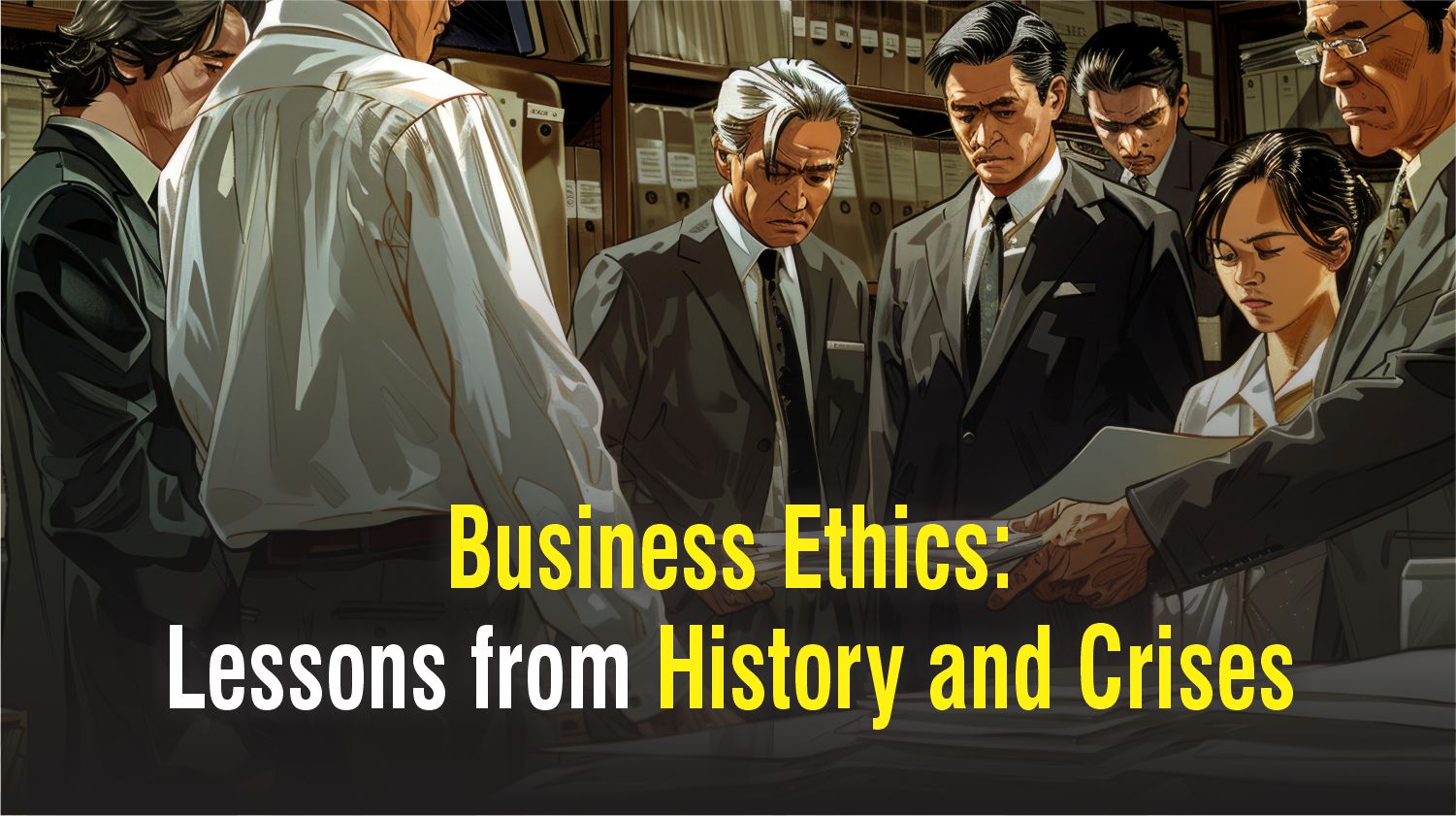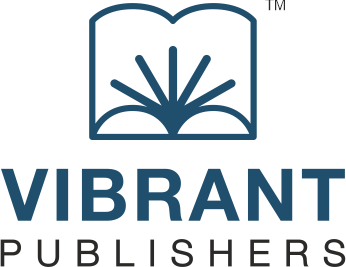Blogs on Business and Entrepreneurship

Business Ethics: Lessons from History and Crises
on Apr 02 2025
Historically, ethics in business have gained traction during distinct periods. The discussion surrounding business ethics becomes especially significant whenever there is war, political turmoil, economic crisis, or a massive corporate scandal. Based on these events, case studies are written, life histories of business leaders are examined, motives are analyzed, viewpoints are evaluated, laws are revised, and the fundamental ways to define “rights” and “wrongs” are debated. Let’s delve into the diverse perspectives on the evolution of business ethics and examine how crises have influenced it.
Perspectives on the Evolution of Business Ethics
From an evolutionary perspective, one could go back to Aristotle’s Nicomachean Ethics, written almost 2000 years ago, to understand how to make ethical decisions. Aristotle explained ethics as virtues required for a good living. These virtues are not mere theoretical ideas for contemplation but practical, day-to-day habits that enable one to live a fulfilling life.
From another perspective, Kautilya, in the Indian context, wrote the Arthashastra in the fourth century B.C. The text explains the significance of ethics through value-based leadership derived from the ideals of truthfulness, righteousness, gratefulness, and reliability. Ethics in business can also be viewed from the lens of Karl Marx’s contributions, who questioned capitalism. In his words, capitalism “sows the seeds of its own destruction” by delineating the masses and exploiting the working class.
While such references have been critical to developing the present-day narrative on business ethics, teaching ethics in business schools is relatively new. It started five decades ago in American business schools, where many business education ideas and practices originated and spread globally. However, the relatively short period of five decades is insufficient to yield significant evolutionary outcomes. Thus, the business ethics discipline still faces skepticism, and diverse schools of thought regarding its utility exist.
Renowned author Peter Drucker, the Father of Modern Management, wrote a paper in the year 1980 titled - “What is Business Ethics?” Drucker discussed the rapid pace at which business ethics became a trendy or an “in subject,” and explored the reasons behind its introduction as a standalone course in business schools and universities. He strongly criticized business ethics as “no ethics at all” and considered the value of the subject no more than “society gossip.” The criticism began when business schools introduced ethics courses, and it has remained so to date.
The Impact of Corporate Scandals and the Pandemic on Business Ethics
The voices of those advocating business ethics gained significance as and when corporate frauds and scandals were discovered by stakeholders. For instance, the Enron fraud came to light in 2001 stirring a major debate on the need to inculcate ethics in business managers, and leading to the enactment of the Sarbanes Oxley Act in the subsequent year. A similar situation occurred during events like the financial crisis of 2008.
In 2020, the global Covid-19 pandemic affected businesses as one of the fiercest crises in recent history. Extremely high-speed economies, businesses, and lifestyles came to a standstill. People worldwide experienced grief and loss. Differences between the haves and have-nots were exacerbated, and the marginalized classes became more vulnerable.
For businesses specifically, it was a daunting challenge as companies worldwide faced lockdowns, slowing down of the economy, employee welfare expectations, corporate social responsibility obligations, government mandates, and so on. However, it also served as a litmus test of their endurance.
During the pandemic, while some organizations crumbled, shut operations, or resorted to layoffs, others contributed to relief projects by producing sanitizers, masks, and even ventilators, apart from going the extra mile to care for employees and their families. The factors that distinguish the latter from the former could be the nature of the business or its leadership. These factors are usually acknowledged, but one lesser-known potential factor is business ethics. During the pandemic, organizations faced a critical choice between kindness and survival. They were required to strike a balance between the two and find ways to align ethics with sound business practices.
From Virtue to Value: Why Business Ethics is Here to Stay
In order to explain the business value in internalizing ethics in the company, Nobel Laureate economist Amartya Sen wrote a paper in 1993 that vividly described how denying business ethics is not only harmful but also impractical. In his words, business ethics are “crucially important in economic organizations.” Ethics make business sense because there is no other way for a business to survive in the long run.
According to biologists, humans are naturally ethical. They have discovered the occurrence of mirror neurons in humans that create empathy for others, naturally. So, if individuals and organizations led by individuals are unethical, it is a conscious choice and not a default option, because otherwise, there will be chaos.
Business ethics by default create multiple benefits, including customer trust, market reputation, and support from suppliers and other stakeholders including the government, civil society, and the media. This is why some organizations, despite the challenges, continue to be driven by business ethics. Ultimately, to them, it makes solid business sense. No matter the challenges, such organizations thrive in the long run, and goodness eventually prevails!
For those looking to get an in-depth understanding of such topics, read Business Ethics Essentials You Always Wanted to Know. It is an easy-to-understand guide to all the essential business ethics concepts, including complex ethical frameworks, tests for ethical decision-making, and future trends in business ethics. This book is a part of Vibrant Publishers’ Self-Learning Management Series and is suitable for entrepreneurs, leaders, and professionals.
This blog is written using excerpts from “Business Ethics Essentials You Always Wanted to Know” by Dr. Ritika Mahajan.
Business Ethics Essentials You Always Wanted to Know
Find out more about the book here:
Link to the book: Business Ethics Essentials You Always Wanted to KnowAuthor: Dr. Ritika Mahajan Press Release: Vibrant Publishers Unveils “Business Ethics Essentials”– Your Guide to Ethical Business Success
Also Read: What’s Ethical and What’s Not? A Guide to Ethical TheoriesEthics in Market Research The Social And Ethical Side Of Marketing

